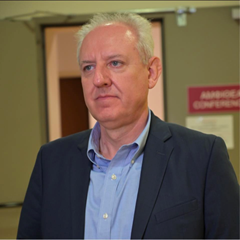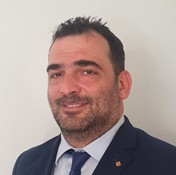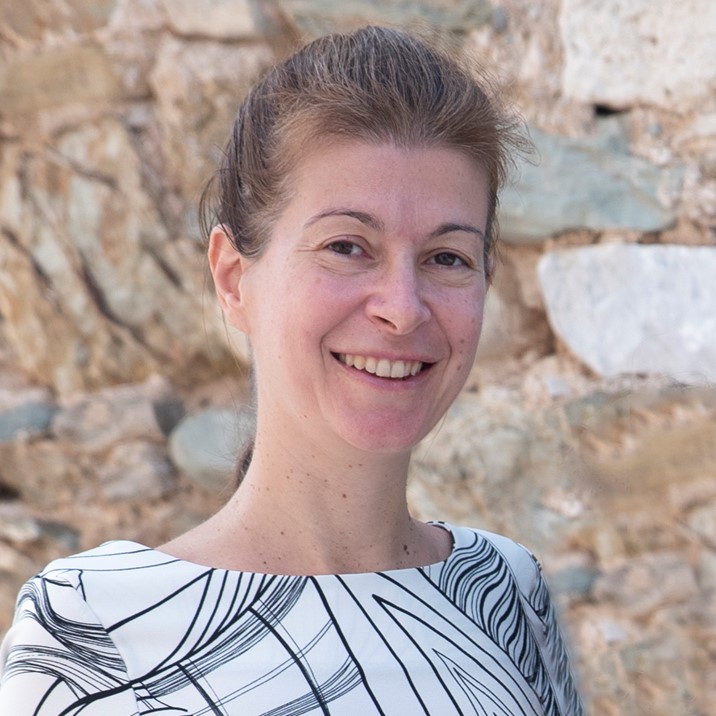Consortium
Aristotle University of Thessaloniki (AUTH) aims to become an innovative university that prioritizes collaboration, inclusivity, and the well-being of its community.
The university envisions itself as a hub for research and education that emphasizes citizen engagement, safety, and open access to knowledge. By developing a certification procedure for Living Labs and citizen science research, AUTH seeks to formalize and standardize these practices across European HEIs, making them more impactful.
OUR GOALS
AUTH aims to foster a secure and supportive environment for research, thus attracting and retaining top talent.
They are developing a specialized Medical MOOCs to provide accessible, high-quality education of their medical expertise. The focus on transparent data management and establishing clear IP policies further reflects AUTH’s intention to be a university that champions fairness, transparency, and innovation in both research and education.
INTERVENTION AREAS
AUTH university started working on CATALISI project with the 3 big domains and 5 intervention areas – namely:
Research careers and talent support
- Recognition of qualifications and research careers
- Reform of research assessment
- Digitization of higher education sector
Research modus operandi
- Mainstreaming of open science and digitization of research
Finance
- Sustainability in research
AUTH story OF TRANSFORMATION
Challenges
Research careers and talent support
- Living labs lack mechanisms for recognizing qualifications gained within their programs, and their contributions to Open Science
- The insurance market might lack specialized coverage for research-related endeavors
- Navigating complex legal frameworks related to data ownership, consent, and sharing agreements
- Underutilization of shared data and findings, lack of awareness among researchers and the community
Research modus operandi
- Address copyright issues and ensure free availability of suitable resources
- Navigate ethical considerations in bioethics and sensitive medical topics through collaboration with legal experts
Finance
- Internal studies to identify needs and priorities of the Technology Transfer Office have been conducted but are only individual initiatives
- Insufficient budget to provide stable financial support for IP-related issues, both for legal and technical reasons
methodology
Research careers and talent support
- Acknowledge and reward non-traditional research outputs
- Development of a certification procedure for Living Labs and citizen science research
- Financial and medical insurance against unforeseen incidents during research projects, experiments, and focus groups.
- Accessible dissertations and datasets in the Institutional Repository
Research modus operandi
- Promote awareness and accessibility, bridging the gap between data availability and utilization
- Identify and implement appropriate tools, platforms, or frameworks that facilitate the collection, management, analysis, and sharing of data in a transparent and fair manner.
Finance
- Centralized database for managing IP and collaborative projects and research awareness
- Establish IP Policies and Guidelines that outline the rights, responsibilities and processes for IP Sharing, making
OUTCOMES \ ACCOMPLISHMENTS
Coming soon
Team
The team at Aristotle University of Thessaloniki (AUTH) is well-suited to apply the CATALISI transformation services due to their extensive expertise, innovative approach, and international recognition. The team members, bring specialized knowledge in fields like assistive technologies, living labs, and medical informatics, which align closely with CATALISI’s goals.
Additionally, their access to unique lab infrastructures and their ability to attract diverse funding sources further position them to effectively implement and evaluate transformation strategies

Professor of Medical Physics, Informatics. Medical Education and Director of the Lab of Medical Physics and Digital Innovation




